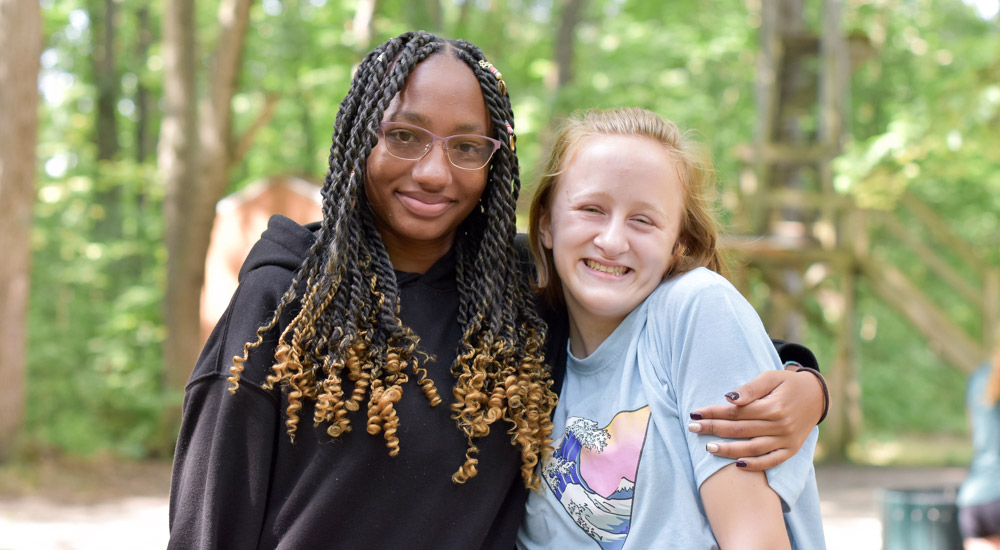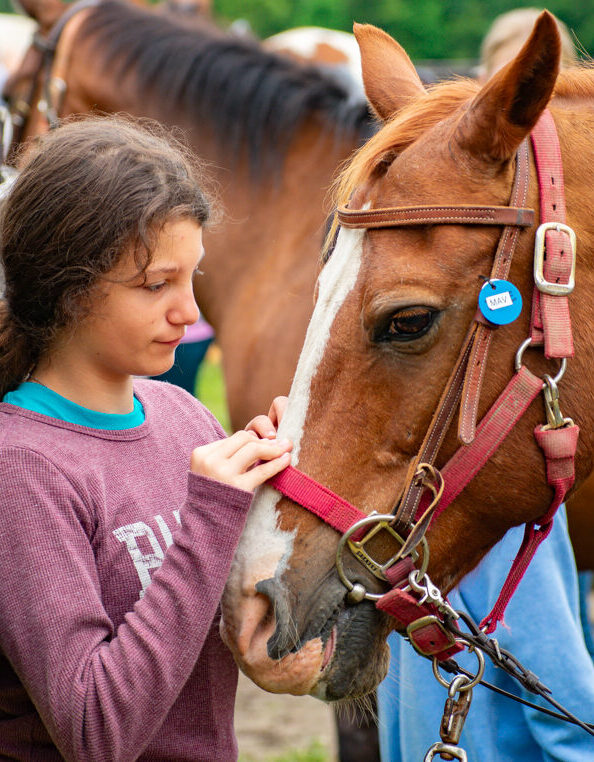YMCA of Greater Flint Diversity and Inclusion
The YMCA of Greater Flint is committed to creating meaningful change in our community by working to be a space where all people, perspectives, and ideas are welcome. We are a cause-driven YMCA led by staff and volunteers who strive to promote an inclusive organizational culture that builds equity, values diversity, strengthens inclusion, and fosters global community in the US and abroad.

Child Abuse Prevention Information
Child Abuse Prevention and Policies
The safety and well-being of your children is our top priority. We have implemented comprehensive safety measures, including trained staff, secure facilities, and vigilant supervision, to create a secure environment where your kids can thrive.
We have established and rigorously enforce comprehensive policies designed to prevent abuse and ensure a safe environment for all children. Our measures include a multi-step interview process, thorough background checks, national sex offender checks, and reference checks. Additionally all staff working with campers undergo a mandatory training on recognizing and reporting abuse, and clear protocols for addressing any concerns. All staff who work with children at our facilities are mandatory reporters. By fostering a culture of vigilance and accountability, we are committed to protecting the children in our care and providing a secure space where they can grow, learn, and have fun without fear.
Screening and Hiring: All staff go through a rigorous screening process.
- This includes a comprehensive application, multi-stage interview process, criminal background checks, national sex offender check, and reference checks
Staff Training: All staff undergo multiple phases of training.
- All staff will attend interactive media and in-person child abuse prevention trainings. These trainings include: communication, reporting, monitoring children, appropriate physical contact, and supervision standards.
- Supervisor training also includes techniques for screening out potential offenders, how to use an application to assess for abuse risk, behavioral interviewing techniques, identification of red flags, and more.
Monitoring: Staff and youth always remain in a group setting to help with monitoring and abuse prevention.
- If a child must me separated from a group, at least two staff will be present.
- Additionally, supervisors and administrators use scheduled and random observations of programs, program areas, and buildings.
Outside Contact: No staff are allowed to have outside contact with youth from our programs.
- If your child wants to write to a staff member, they may email or send a letter to camp. We will pass that letter along to the staff member. Please help us by communicating to your child that this process is for everyone’s protection.
Reporting: We all have a role in keeping our children safe. We have a variety of ways for you to report if someone is breaking the rules or has a suspicion of abuse.
- Please report any incidents to the director of your program as early as possible. Our supervisors will receive training on responding to an allegation, child abuse warning signs, and YMCA policies so they can effectively respond to concerns and questions.
- You may also use the Program Quality and Community Safety Report form below.
Child Safety at Home
As adults and caregivers it is up to all of us to help prevent child abuse. Here are some helpful tips for you to use at home.
Open Communication: Encourage your child to talk openly about their feelings and experiences. Let them know they can come to you with any concerns or uncomfortable situations.
Educate About Boundaries: Teach your child about personal boundaries and the importance of respecting both their own and others’ physical and emotional space.
Discuss Body Safety: Explain the concepts of private versus public parts of the body, and let your child know that their body belongs to them alone.
Reinforce Trust and Safety: Emphasize that it’s okay to say no to any physical contact or situation that makes them uncomfortable, even if it’s from an adult or authority figure.
Know Their Environment: Be informed about the places your child goes and the people they interact with. Familiarize yourself with the safety policies of schools, camps, and other activities they participate in.
Encourage Healthy Relationships: Help your child understand the qualities of healthy and respectful relationships and how to distinguish them from unhealthy or abusive ones.
Support Emotional Intelligence: Foster your child’s ability to recognize and articulate their emotions, which can help them understand and express when something doesn’t feel right.
Stay Engaged: Regularly check in with your child about their experiences and feelings regarding their activities and relationships.
Teach Reporting Procedures: Make sure your child knows the importance of reporting any uncomfortable or inappropriate behavior and who they should talk to if they feel unsafe.
Reassure if a Child Reports Abuse: Listen. Stay calm and let them talk. Ask minimal questions that will allow you to understand what happened without leading. They may be confused, angry, and scared. Use a few simple comments like “I know this is hard to talk about, you are very brave for bringing this up.” “You are doing the right thing by letting someone know.” “This isn’t your fault.” “I’m very sorry this happened to you.” Write down everything they shared, in as much detail as possible using their actual words, not your own interpretation. Report concerns or abuse to your local police department.
By taking these proactive steps, caregivers can empower their children to feel secure and confident in their ability to protect themselves and seek help if needed.
Resources
To further support caretakers in your vital role, below is a range of additional resources provided by StopItNow.org designed to enhance your skills and knowledge.


